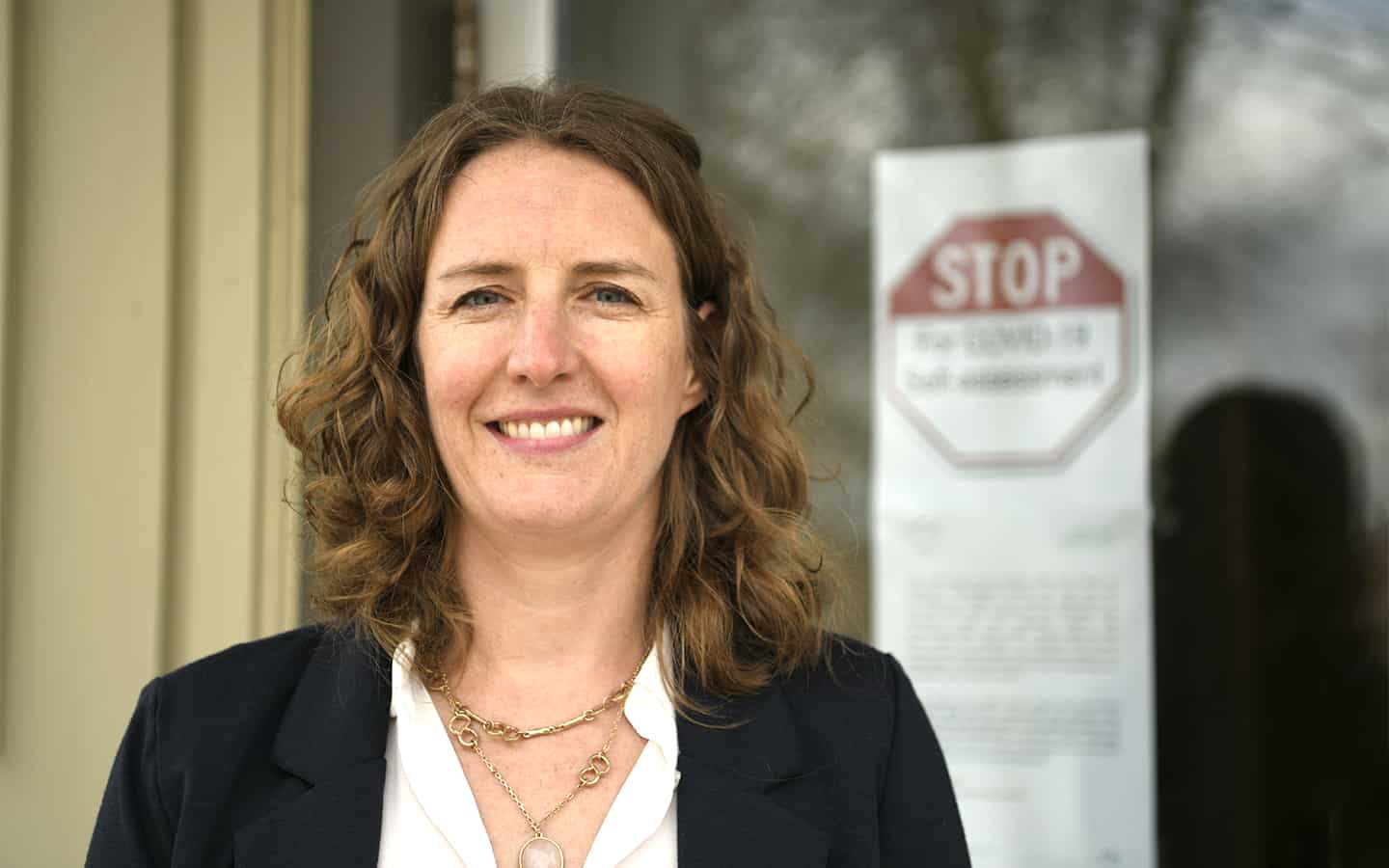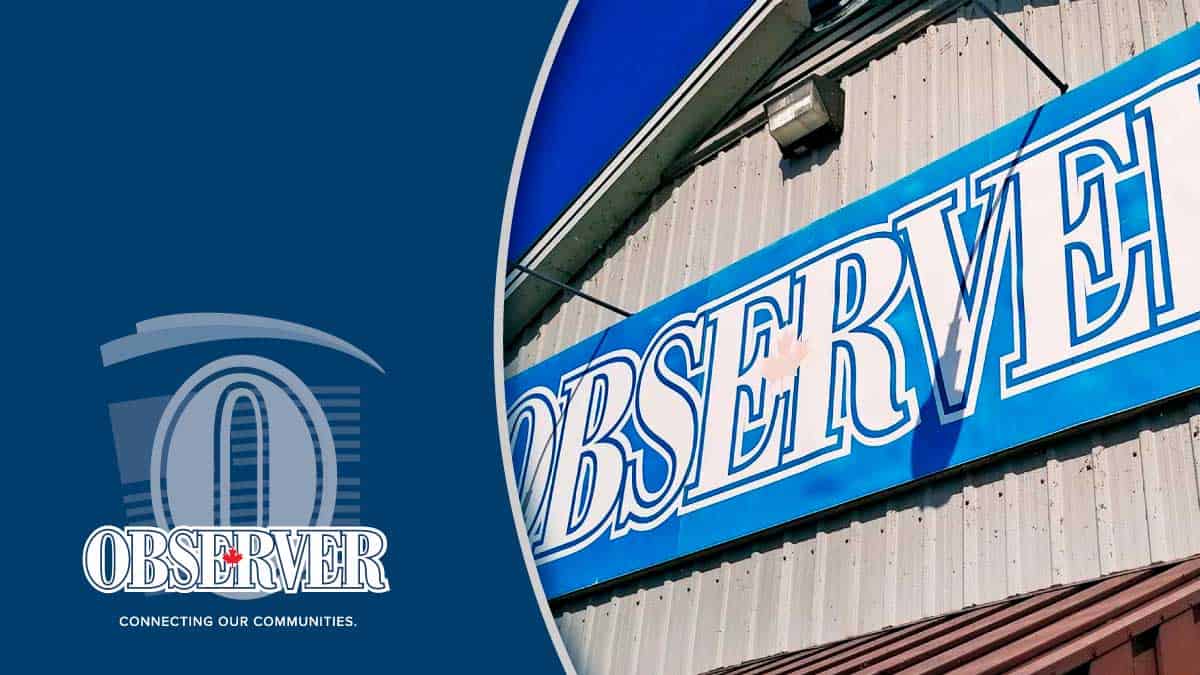The spread of the coronavirus into the wider community prompted regional and municipal councils to jointly declare a state of emergency Wednesday morning.
The number of Waterloo Region residents afflicted with COVID-19 – confirmed and presumptive – stood at 58 at that point, up from 15 on the weekend.
Where initial cases involved those recently returned from travelling, followed by those with close contact to those diagnosed with the virus, there are growing numbers of transmissions simply from the community in general.
“Residents should act as though COCVID-19 is circulating in the community and the region,” advised Dr. Hsiu-Li Wang, the region’s acting medical officer of health, in a teleconference briefing Wednesday morning.
Of the 58 cases, 25 have been confirmed positive, with 33 presumptive. Thus far, all cases initially classified as presumptive have become positives when test results came in, she said.
The region had administered 1,231 tests to that point, with 770 returning as negative and 403 tests awaiting results. Public Health is monitoring 461 people, said Wang.
All age ranges have been among those testing positive, including the region’s first three cases of people under the age of 20.
Testing is focused on those whose treatment may depend on a formal diagnosis, as well as health-care workers, who need to know if they can stay on the job.
As the virus becomes more prevalent, social distancing and other measures are more important than testing, said Wang.
The wider spread of the virus is what prompted this week’s declaration of a state of emergency.
“We hope the declaration sends the strongest possible message to residents of our community,” regional chief administrative officer Mike Murray said at the briefing.
The declaration gives municipalities the power to take actions or make orders to protect the inhabitants of the municipality and increases the ability of municipalities to share resources, personnel and equipment to respond and support the broader public sector and key services. It also allows the region to use and support volunteers to assist with providing critical services if needed.
The move was made under the Emergency Management and Civil Protection Act.
Municipalities are also looking into ways to support to residents and businesses suffering economic hardships due to the crisis, said Murray.
In response to a question about the potential for municipal layoffs, he said the region is looking at staffing issues, working with area municipalities to determine critical services and a common approach to staffing.
“We continue to look at all options.”
In declaring a state of emergency, the primary goal is to ensure everyone takes the situation to heart, said Wellesley Mayor Joe Nowak in a later interview.
“It’s increased the awareness,” he said of the declaration. “It demonstrates that we’re taking this seriously.”
In the townships, that includes spreading the word among the Old Order Mennonite communities.
Officials have heard from those groups that services and gatherings have been halted.
“I think they know, but maybe not all of them,” said Nowak of efforts to reach the Mennonite communities.
There has been a concerted outreach effort, lead by Waterloo Regional Police in the rural areas, said Wang.
“We really encourage all our communities to stay informed with what’s happening.”
While there are provisions for charges and fines to be levied, the region has thus far avoided that option.
“We have not felt there’s been a need to date for enforcement,” said Wang. “The goal is not enforcement, but compliance.
“At this point in time, we’ve been finding what people need is more information.”









